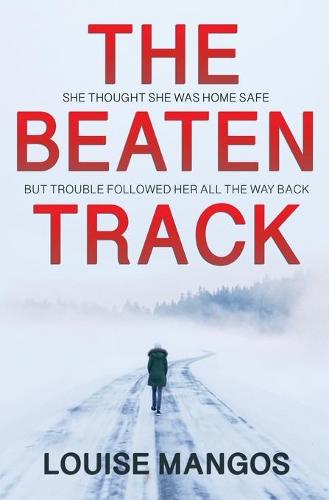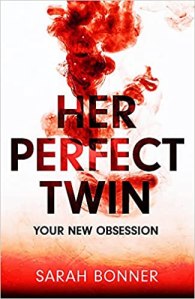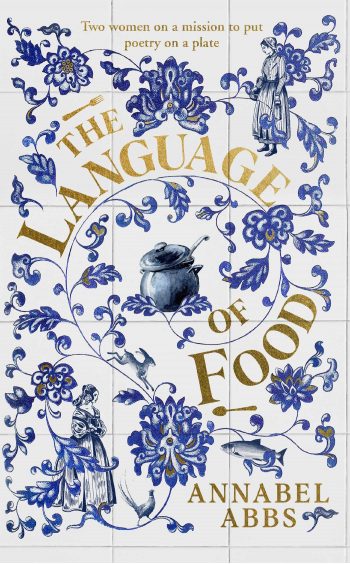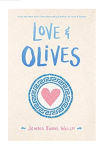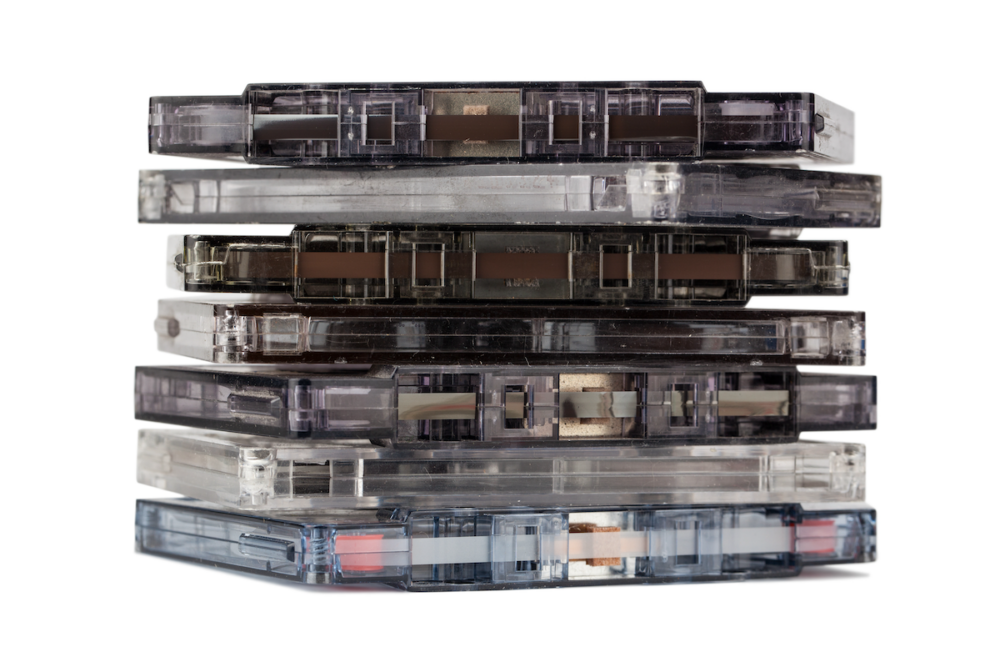
Today’s post is by writer and editor Sarah Welch.
I write a lot about killing your darlings. Or, rather, not killing your darlings but saving them for later. These scraps that say something beautiful or important to you, but don’t ultimately fit in your current work-in-progress, can still have serious value for another project down the road. That might be snippets of dialogue, a catchy turn of phrase, or a full-fledged character or plot line.
Not buying it? Let me offer you a little concrete evidence: Taylor Swift’s vault tracks.
Swifties (and I’m one of them) will jump on any chance to listen to new/new-to-them music from Swift, and the vault tracks that come with each album re-record have been gold in so many ways. But what I love about them, as an author, is the peek they give us into a prolific and talented writer’s process. Specifically, they show us what it can look like to save “scraps” for later projects.
Now, before I move on, let me give two disclaimers:
- I’m operating under the assumption that, as Swift has said, the vault tracks were written as she worked on each album for the first time. Maybe they were, maybe they weren’t, but with no way to know, I’m choosing to believe her.
- I’m making conjectures about process based on textual evidence—in this case, lyrics. I have not talked to Swift herself about how she uses her uncut songs to fuel future work. Maybe someday.
With that said, here goes.
Vault tracks as scraps
If the vault tracks are tracks that didn’t make the original albums, then they’re a variation of the “scraps” I tell authors to save from their drafts. They’re scenes, storylines, characters, images, and just pretty combinations of words that don’t fit in the current work in progress for one reason or another.
Let’s look at the Red vault tracks: “Better Man” is a great one to study here, because it’s pretty clear why it was cut from the 2012 album. It’s an amazing country song, but she was transitioning to a poppier sound, and in terms of her evolving image, it held her back rather than moving her forward.
But did she trash the song? No, she turned it over to Little Big Town, who recorded it in 2016, and then she re-recorded it herself for Red (TV). She saw that it was a valuable song, but rather than force it onto an album it didn’t fit, she saved it for the right project, where it thrived.
We can make conjectures about all the vault tracks—maybe some were cut from the original albums to create an emotional balance and avoid too many track-five contenders, while others were cut simply for word count—or, in the case of music pre-Spotify, CD space limitations. Whatever the reasoning, the key is that (thank God) she saved the songs for later instead of tossing them.
Giving scraps new life
Obviously, the mere fact that the songs existed to re-record in the first place is evidence of why saving those scraps is a good move. But if we look more closely at the vault tracks, we can see pieces and fragments of them appear in music she wrote later—images and turns of phrase she set aside for future songs. Let’s look at a few examples.
Castles Crumbling, Speak Now (TV)
Swift originally wrote “Castles Crumbling” for her 2010 album, Speak Now, but when it didn’t make the cut, she found opportunities to use the same imagery in future songs, like “Call It What You Want” (Reputation, 2017). The entire context of the song is completely different, of course (with Reputation, she’s turned that crumbling castle into a thing of splendor), but the same image kicks the whole thing off: “My castle crumbled overnight…”
Suburban Legends, 1989 (TV)
In “Suburban Legends,” a scrap from 1989, the narrator laments that, “I broke my own heart ’cause you were too polite to do it.” When that song didn’t make the cut in 2014, she held onto the idea, and she used it at least twice in future songs:
- “I pushed you to the edge / but you were too polite to leave me” (“coney island,” evermore, 2020)
- “I broke his heart ’cause he was nice” (“Midnight Rain,” Midnights, 2022)
Timeless, Speak Now (TV)
I’ve heard this Speak Now vault track called “hilarious,” and I’ll fight anyone else who wants to denigrate it in my presence because I think it’s gorgeous.
I also think it’s Swift’s first time playing with nostalgia in a way that we see happen over and over again in later albums. The vintage photos she finds in the antique shop in 2010 set the stage for plenty of future material:
- The sepia-toned account of Bobby and Ethel Kennedy’s relationship in “Starlight” (Red)
- Her Rebekah Harkness exposé in “the last great american dynasty” (folklore)
- The blending of her grandfather’s experience in WWII with the realities of COVID-19 in “epiphany” (folklore)
- Her ode to her grandmother in “marjorie” (evermore)
- We even see a little bit of it in the vintage feel—and, of course, the 1950s sh!t—of “Lavender Haze” (Midnights)
Mr. Perfectly Fine, Fearless (TV)
I could write a thesis on how “Mr. Perfectly Fine” sends me right back to 17 years old (my age when Fearless first came out), cruising around in my red Jeep Liberty with my high school besties, but that’s for another blog and another day. (A scrap, you might say, that I should save for later instead of leaving here.)
This breakup bop contains a tiny scrap that you could almost overlook as you scream sing from behind the wheel. In the chorus, Swift refers to her mystery ex as “Mr. Perfectly Fine,” “Mr. Always at the right place at the right time,” and…wait for it…“Mr. Casually Cruel.”
And there it is, a direct path from the boppiest of breakup songs to the most devastating of track fives, “All Too Well” (Red), in which Swift accuses another mystery ex of being “casually cruel in the name of being honest.”
The turn of phrase hits different in each song, but thank goodness she saved it when “Mr. Perfectly Fine” didn’t make Fearless, because there’s no denying it cuts deep in “All Too Well.” (And in the ten-minute version? Forget about it. We’re sobbing.)
Long story short
(See what I did there?)
Next time you find yourself making the difficult choice to excise a scene or a character or even a single sentence that you love for the greater good of your novel, think of those cuts as your very own vault tracks. Sure, you could ball them up and trash them (like “crumpled up piece[s] of paper lying here…”), but I encourage you to save them. Stick them in a folder on your hard drive, in a journal, or in a shoebox in the closet—wherever you need to stash them so that, down the road, they can become inspiration for your next masterpiece.
I want to hear from you! How do you save your scraps? Which vault track “scraps” have you been delighted to hear show up in later songs? Email me to talk about your writing, Swift’s writing, or both!
Sarah Welch is a book editor, writing coach, and unabashed Swiftie living in Austin, TX. You can find her—and her craft resources, community offerings, and one-on-one services—at inkdroplit.com.

